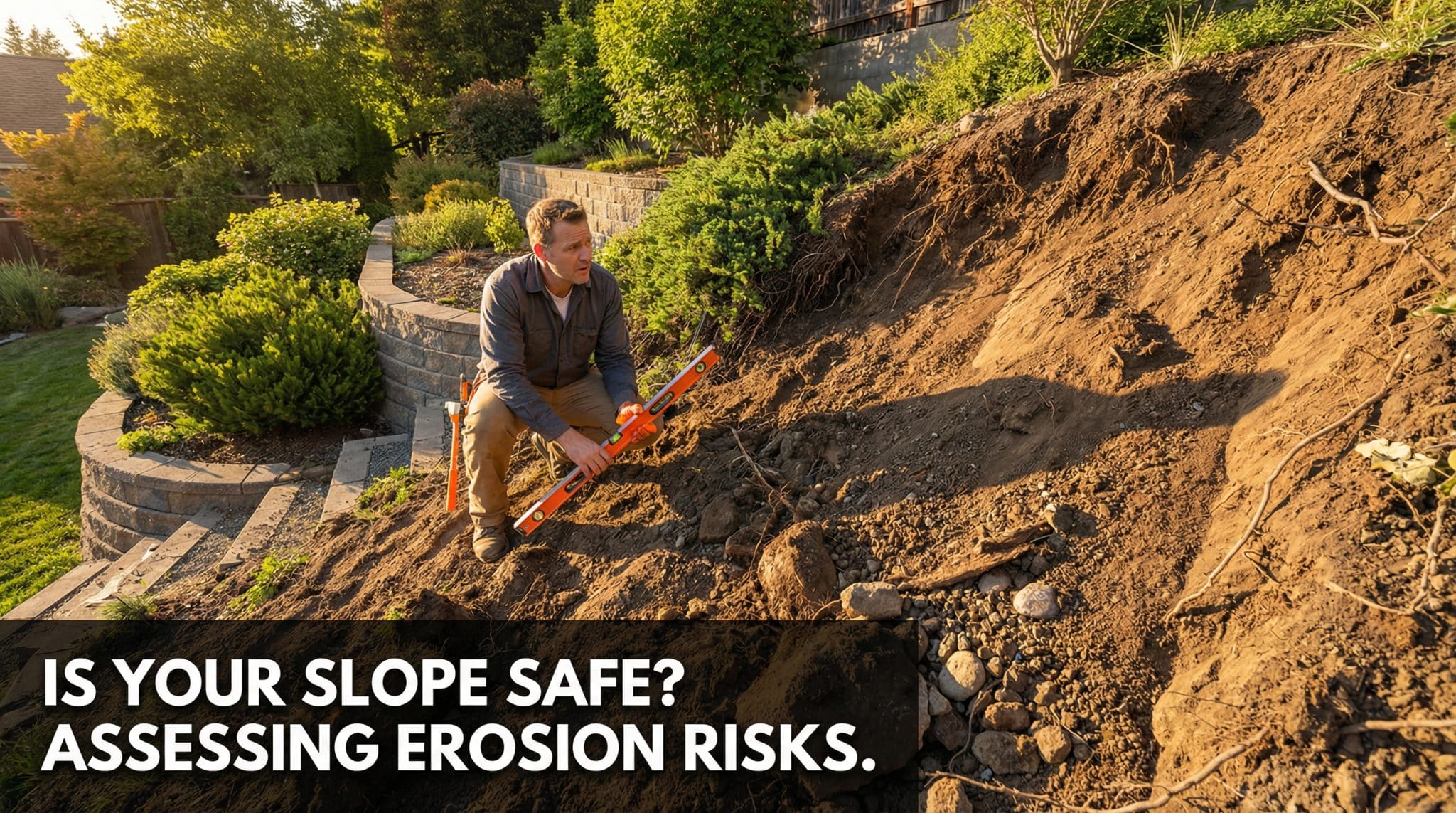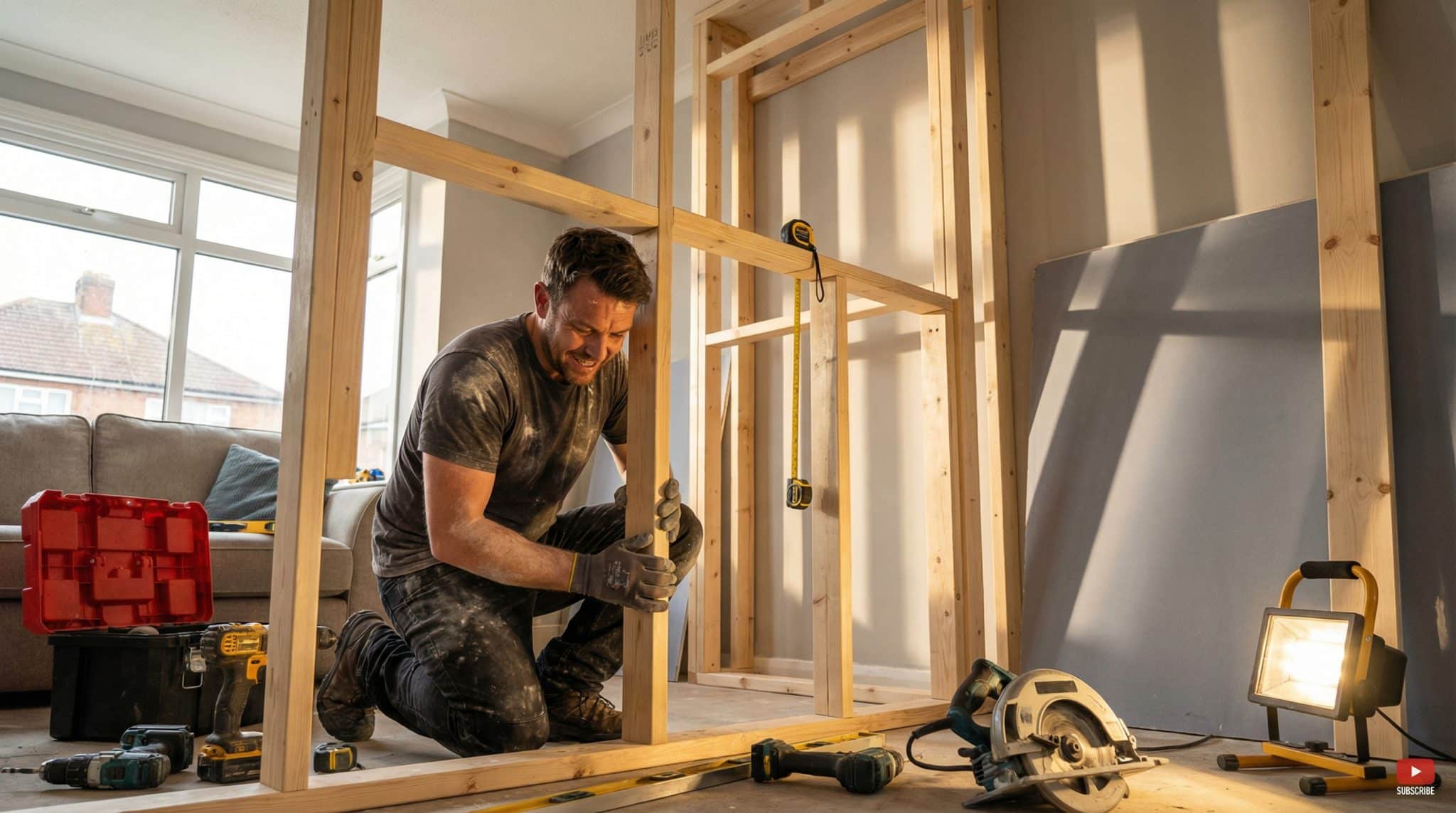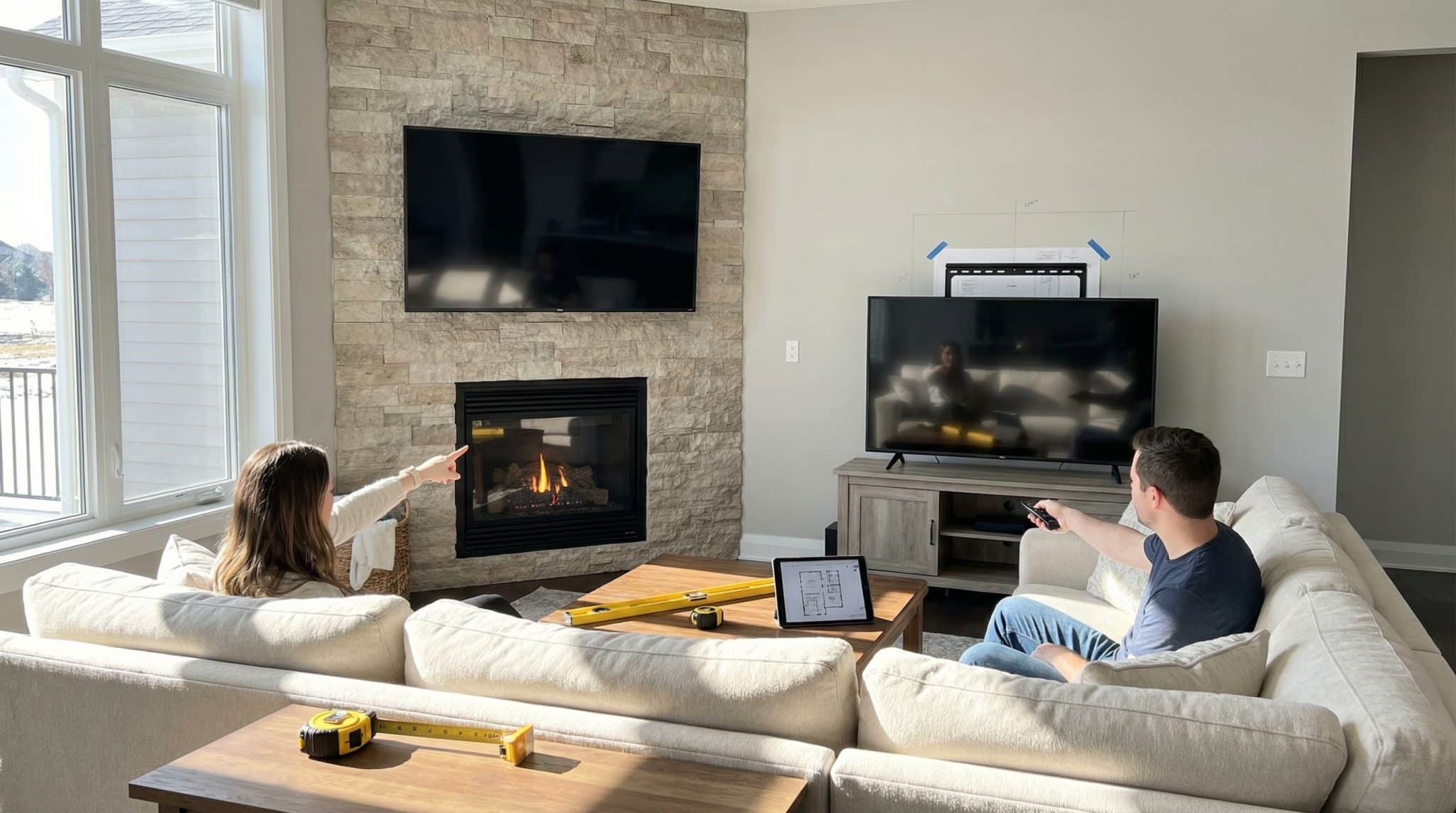Have you ever found the perfect house only to learn it comes with strings attached?
Wondering whether buying a house with a restrictive covenant is worth the risk can feel overwhelming.
These legal agreements can control everything from the height of your fence to your pet choices. They might protect property values, but they can also limit your freedom as a homeowner.
Restrictive covenants affect thousands of properties across the nation. Some are minor inconveniences, while others can seriously impact your lifestyle and wallet.
The key is learning about restrictions early, before finalizing any property deals.
In this blog, I’ll explain to you what restrictive covenants are, how they work, and whether that dream house is still worth buying despite the restrictions.
What Is a Restrictive Covenant on a House?
A restrictive covenant is a legal agreement that limits the use or development of your property. Think of it as a permanent set of rules that stays with the house, no matter who owns it.
These agreements were created when the land was first developed. The original developer or landowner established these rules to maintain specific standards in the neighborhood.
When you buy the house, you automatically agree to follow these rules.
- Legally binding contracts.
- Transfer to new owners automatically.
- Recorded in public property records.
- Last forever unless specifically removed.
The covenant becomes part of your property deed. This means you must follow the rules, and future buyers will do the same. Breaking these rules can lead to legal action from neighbors or homeowners’ associations.
Common Types of Restrictive Covenants
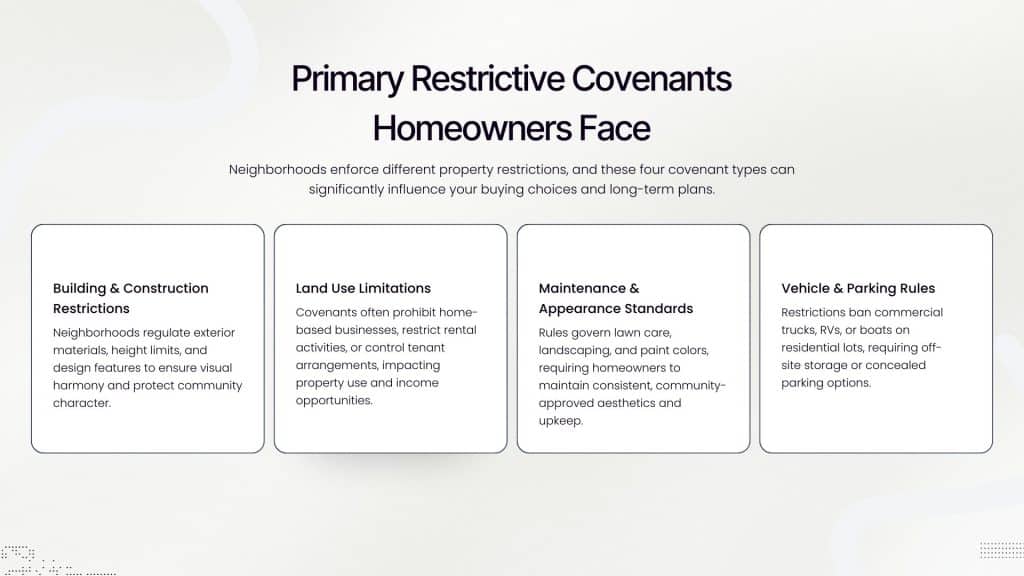
Property restrictions vary widely across neighborhoods. These four main covenant types will likely affect your home-buying decisions and future property plans.
1. Building and Construction Restrictions
Most neighborhoods control what materials you can use on your home’s exterior. Some require brick or stone facades, while others ban certain siding types completely.
Height limits are common, too. Many areas restrict buildings to two stories or set maximum roof heights. These rules maintain neighborhood character and property sight lines.
2. Land Use Limitations
Home-based businesses face strict rules in many covenant areas. Running a salon, office, or retail operation from your house might be completely banned.
Rental restrictions can limit your income options. Some covenants prohibit short-term rentals, such as those facilitated by Airbnb, while others regulate long-term tenant arrangements entirely.
3. Maintenance and Appearance Standards
Lawn care requirements specify the types of grass, landscaping styles, and maintenance schedules. Your front yard might need professional upkeep to meet neighborhood standards.
Exterior painting needs approval in many areas. Color palettes are often limited to earth tones or specific historical schemes that match community design goals.
4. Vehicle and Parking Rules
Work trucks and commercial vehicles are subject to parking bans in residential covenant areas. Your contractor’s van or delivery truck may require off-site storage.
Recreational vehicle restrictions control boats, RVs, and motorcycles on your property. These items often require garage storage or approved off-site parking facilities.
Pros and Cons of a House With a Restrictive Covenant
Restrictive covenants offer neighborhood protection but limit personal freedom. Understanding both benefits and drawbacks helps you make informed property purchasing decisions.
| Pros | Cons |
|
Property Value Protection: Covenants help maintain consistent neighborhood standards. This often leads to stable or increasing property values over time. Community Standards: Everyone follows the same rules, creating a uniform and well-maintained neighborhood appearance. Neighbor Accountability: These agreements provide you with legal protection if neighbors violate community standards that impact your property value. Reduced Conflicts: Clear rules prevent disputes about property use, noise, or appearance issues. Market Stability – Protected areas see less dramatic value swings during downturns. |
Limited Personal Freedom: Restricts home modifications, renovations, and property use choices you can make. Potential Costs: Some requirements may force expensive upgrades or maintenance you hadn’t planned for. Legal Complications: Violating covenants can result in lawsuits, fines, or forced compliance measures. Outdated Rules: Old covenants may contain restrictions that no longer apply to modern living. Enforcement Issues: Selective enforcement can create unfair situations where some neighbors are allowed to violate the rules while others are not. |
How Restrictive Covenants Impact Home Value and Resale?
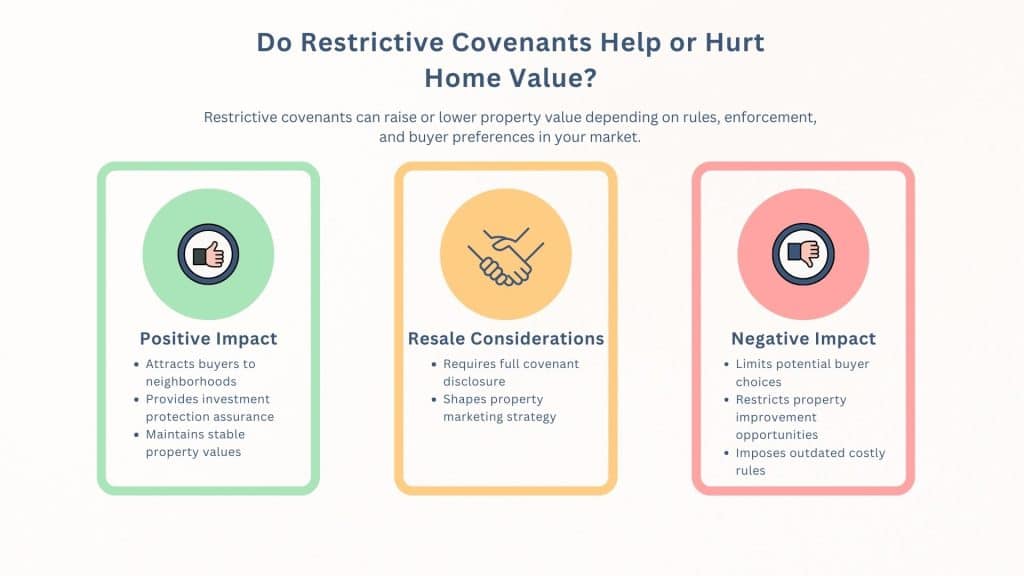
Restrictive covenants can either increase or decrease your home’s market value, depending on the restrictions, enforcement, and local buyer preferences in your area.
Positive Impact on Value
- Buyer Appeal: Homes in covenant-controlled areas often attract purchasers who prefer structured neighborhoods, creating stronger demand and quicker sales.
- Buyer Confidence: Some buyers prefer covenant protection, knowing their investment is safe from incompatible land uses.
- Market Stability: Covenant-protected areas typically experience less dramatic fluctuations in value during real estate market downturns.
Negative Impact on Value
- Limited Buyer Pool: Strict property restrictions may deter potential buyers who prefer greater flexibility in their purchasing decisions.
- Renovation Challenges: Covenants limiting home improvements can reduce your ability to add value through property updates.
- Outdated Restrictions: Old covenant requirements may demand expensive or impractical compliance measures from current owners.
Resale Considerations
- Disclosure Requirements: You must reveal all restrictive covenants, violation history, and enforcement status to potential buyers.
- Marketing Strategy: Highlight the benefits of neighborhood stability while being transparent about existing property restrictions and associated costs.
Questions to Ask Before Purchasing
Ask the right questions before making a purchase to avoid costly surprises. Proper research protects your investment and prevents future covenant-related legal issues.
Before Making an Offer:
Request complete covenant documents from your agent and review every restriction carefully. Contact current neighbors to learn about actual enforcement practices in the area.
Schedule consultations with a real estate attorney before closing to ensure a smooth process. Verify that your title policy covers covenant-related issues and check county records for violation history.
Essential Questions to Ask:
- What specific covenants apply to this property?
- Have there been recent legal disputes over covenant breaches in the area?
- What are the penalties for violations?
- Have any covenants been modified or removed recently?
Can a Restrictive Covenant Be Removed or Challenged?

Yes, but the process varies depending on your situation and local laws. Courts may invalidate covenants when neighborhood conditions change significantly or restrictions become impossible to fulfill.
Legal grounds include abandonment when covenants haven’t been enforced for years. Agreements violating civil rights can face successful removal challenges in court.
Removal Options Available:
- Unanimous written agreement from all affected property owners.
- Court petitions are used when a neighbor agreement isn’t possible.
- Legislative changes invalidating outdated covenants.
- Amendment or modification instead of complete removal.
Real estate attorneys specialize in covenant removal and are well-versed in the complex requirements of property law. Consider hiring mediators for disputes and ensure that proper legal records are maintained.
Wrapping It Up
The answer to buying a house with restrictive covenants isn’t a simple yes or no.
It depends entirely on your personal situation, lifestyle preferences, and long-term property goals.
Thorough research is essential before making any decision. Read every covenant carefully and discuss actual enforcement practices with current residents.
Consider how restrictions might impact your future plans and factor in compliance costs when budgeting.
While covenants are generally designed to be permanent, evolving community needs sometimes drive collective efforts to modernize outdated restrictions. Don’t purchase, hoping to change the rules later.
What questions do you have about restrictive covenants on properties you’re considering?
Please share your concerns in the comments section below.
Frequently Asked Questions
Are Restrictive Covenants Good or Bad?
Restrictive covenants are legally enforceable agreements that can result in fines or lawsuits if violated by property owners.
When Did Restrictive Covenants Become Illegal?
Racially restrictive covenants became unenforceable in 1948 and were subsequently declared illegal to enforce with the passage of the Fair Housing Act in 1968.
What Happens if I Ignore a Restrictive Covenant?
Ignoring restrictive covenants can result in legal claims, court injunctions, and damage payments to affected neighboring property owners.




